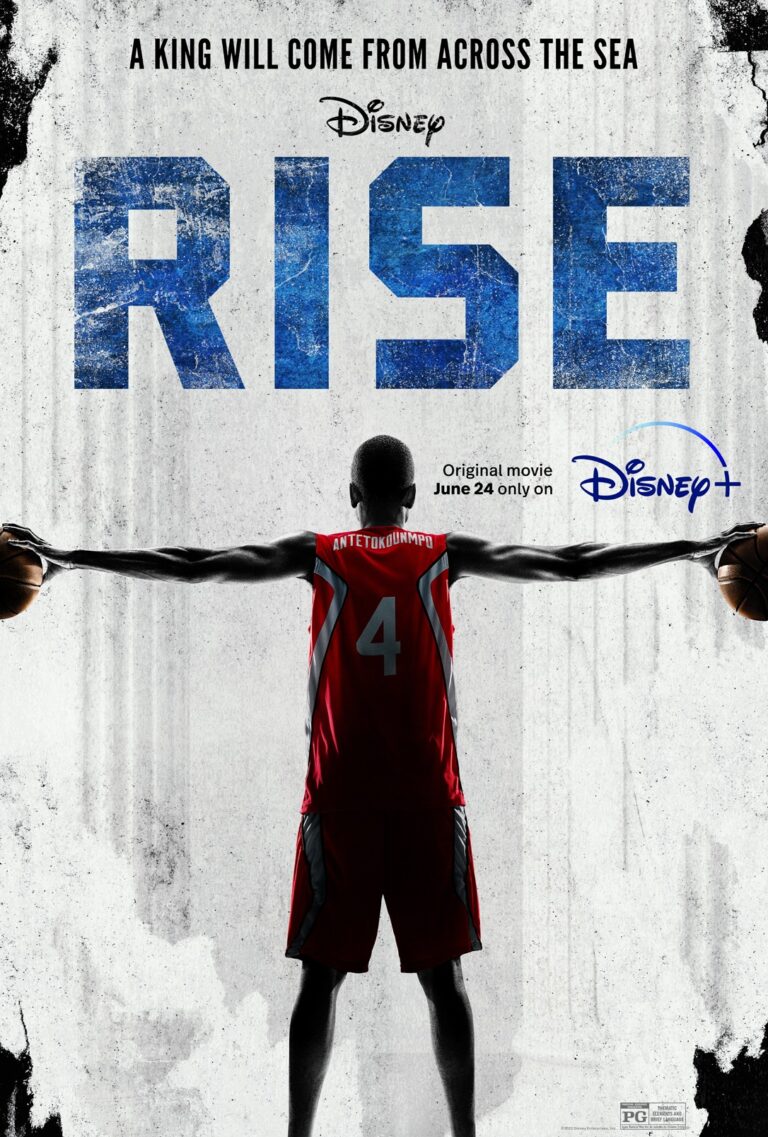Rock Gets Religion
By Mark Joseph
In addition to a rapture theology that frowned on higher education and careers that would require planning and forethought since Christ’s return to rapture or evacuate true believers to heaven was imminent, the theology of the 1970s all too often encouraged separatism from the world, which was not conducive to large masses of believers entering mainstream venues from which to affect the larger culture. Thus, when rock stars converted to Christianity, they were often encouraged to leave their careers at mainstream record companies and record for CCM labels.
“We had just left Egypt, and we didn’t want to go back,” remembered Mike MacIntosh, one of the leaders of the Maranatha! Music label, the music arm of the Calvary Chapel movement. A prime example of this was when Leon Patillo, the lead singer of Santana, left the group and began recording solo albums for Maranatha! However, not all artists followed that model. Two notable exceptions were artists who were under the tutelage of a pastor/teacher named Al Kasha. Kasha, a former CBS Music executive who had helped launch Bob Dylan’s career, mentored artists such as Donna Summer and Dylan, both of whom experienced Christian conversions and yet stayed at their respective record labels instead of jumping ship to CCM.
The theological underpinnings of Kasha’s quiet movement have also imbued many artists of faith who have sought to keep a presence in the mainstream music scene. While it’s clearly not a theology that rejects the notion that Christ’s return may indeed by imminent, it reflects German theologian Martin Luther’s view, expressed when he was asked what he would do ifhe knew Christ would be returning that very day. “Plant a tree,” Luther is said to have remarked, indicating that he lived his life as if Christ could return at any moment, yet would continue to invest in the future. That theology has played itself out in the tendencies of the current crop of artists, who don’t feel as if every song has to be evangelistic or present the entire gospel in a few minutes, instead allowing songs to reflect their faith in varying degrees.
The theology of separation that created the CCM business has also been modified by many artists who seem to have rejected the notion that physical separation from the world inevitably leads to holiness. Rather, a theology of spiritual separation without physical separation has taken hold, which allowed artists such as Jars of Clay to tour with mainstream artists, or P.O.D., led by its frontman Sonny Sandoval, to appear regularly on MTV or The Howard Stern Show. An unfailingly humble young man sporting dreadlocks and covered in tattoos, Sandoval was the star of not one but two of the most unforgettable confrontational moments in American pop culture between devout Christian rockers and their jaded critics.
When Sandoval visited the atheist Bill Maher’s talk show, Politically Incorrect, Maher characteristically wasted no time asking Sandoval how he could believe in a God who would allow cancer to exist. Without batting an eye, Sandoval responded that he was brought to faith in God precisely through his Mother’s death from cancer. Maher, dumbfounded, quickly broke away to a commercial.
Sandoval had a similar impact on shock jock Howard Stern when the band appeared on his radio show. Determined to get to the bottom of why band members wouldn’t sleep with their female fans, Stern was met with Sandoval’s quiet but firm contention that he and his bandmates wanted to be faithful to their wives back home. A befuddled Stern was left to ponder aloud: “You actually respect the chicks in your audience, and you will not have sex with them and just do them . . . . Well, that’s unusual, that’s a new point of view I gotta tell you . . . . I respect you if you can do that.”
–Excerpted from “Rock Gets Religion: The Battle For The Soul of The Devil’s Music,” by Mark Joseph, published by BP Books
Questions or comments? Please write to us here.


 - Content:
- Content: 

